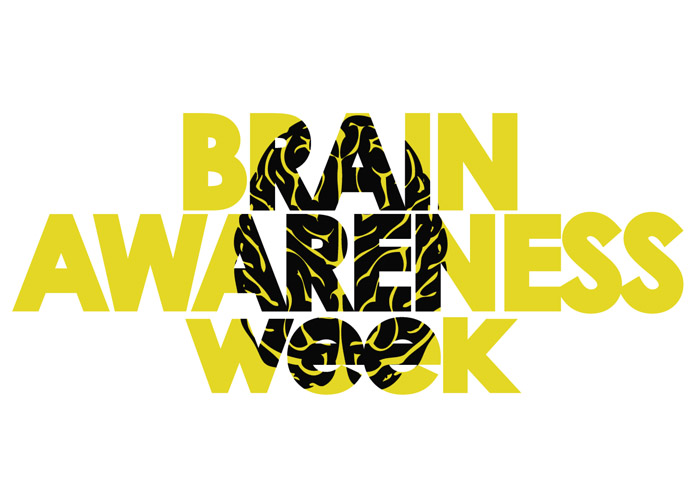Mind-Boggling Music

It’s the most complex organ in the human body. It’s weighs about three pounds, and contains 100 billion cells. It’s made up of about 75% water. It feels no pain. The human brain.
The brain is centre of our nervous system, and has four main parts: the cerebrum (responsible for thoughts and actions), the cerebellum (responsible for movement), the limbic system (responsible for emotions), and the brain stem (responsible for vital functions such as breathing, heartbeat, and blood pressure).
Key functions of the brain include generating body movements (motor cortex); the Broca’s area denotes speech deficits, and the posterior language area associates memories and thoughts with sound.
“In a beautiful interrelationship between sensory and cognitive processes, the nervous system makes associations between complex sounds and what they mean,” Nina Kraus, Director, Northwestern Auditory Neuroscience Laboratory.
Researchers have found that music influences brain functions – learning, thinking, and attitudes. Elements that compose music are processed in different areas of the brain. For instance, rhythm and pitch are processed in left brain, and melody is a function of the right brain.
Music and motor control share neural circuits, and singing and listening to music shares neural circuits with listening and speech (The Dana Foundation). Music can retrain and re-educate the brain (The Dana Foundation); it reactivates speech centres, prompts memory, and alertness.
Music therapy creates a connection between music and the brain. Music therapy utilizes music’s organization, predictability, and structure to connect with the brain, which thrives on structure and organization.
In addition to improving movement and speech, music massages the brain to relax, and thus stimulates mood. Canadian scientists found that music creates a surge of dopamine, the neurotransmitter that communicates pleasure. This scientifically evidences why music is a feel-good therapy (Montreal Neurological Institute, McGill University).
In continuing celebration of Brain Awareness Week (March 11 – 17, 2013), which raises awareness about brain research benefits and initiatives, our next blog post will look at a popular musical phenomenon know as the Mozart Effect.

